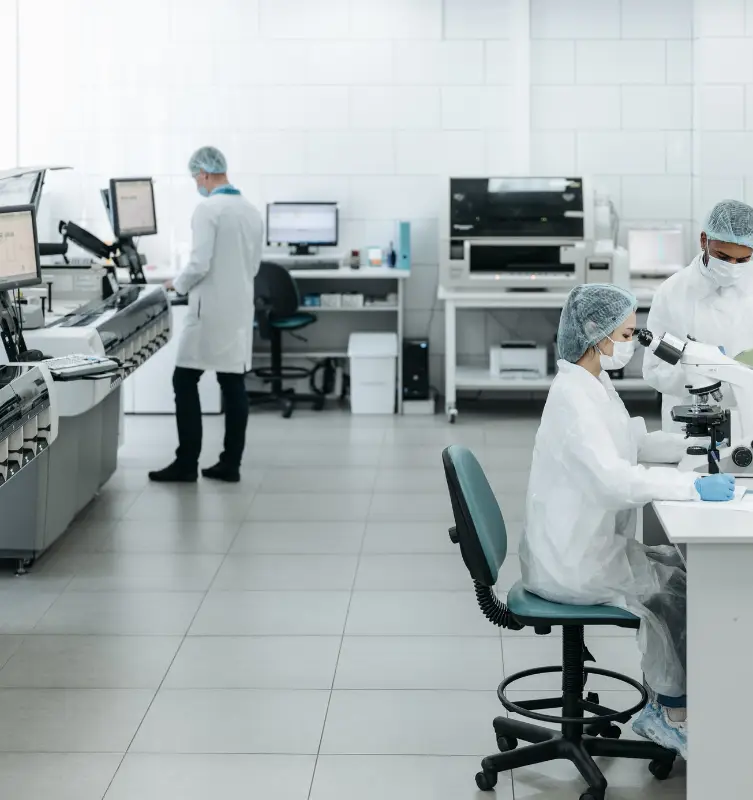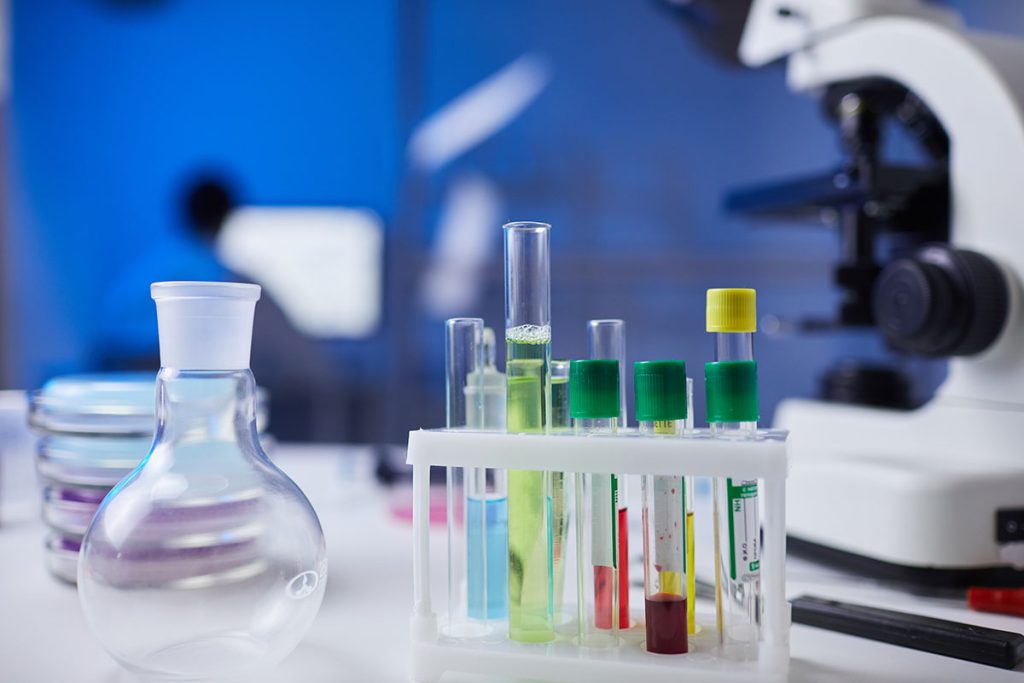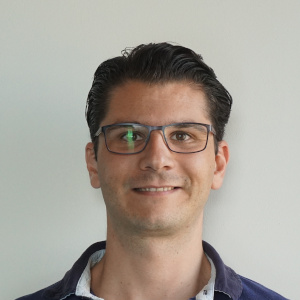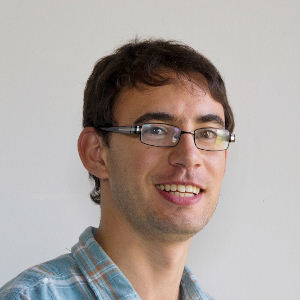About us
About Gut-Research





Intestinal microbiota and health
We also work closely with the University of Amsterdam and Swammerdam Institute for Life Sciences (SILS) with to Dr Jianbo Zhang and professor Stanley Brul and are involved in larger projects covering the analyses of the Microbiome in health and disease, please see the National Growth Fund project HoloMicroBiome and Metahealth.
In addition we collaborate with an Amsterdam UMC spin of AIBiomics BV whom develop a Rapid microbiome test.
AIBiomcs BV (see more here) is a company that provides a ground breaking new mobile health application developing an app for rapid human gut microbiota analysis (AI powered by Horaizon Technology BV). The company is currently focusing on pioneering microbial analyses through rapid image detection to develop, improve, and market the application and technology in the area of chronic bowel disease, colorectal cancer, pediatrics, weight control and diabetes.
Inflammatory Bowel Disease and personalized medicine
Amsterdam UMC leads in IBD treatment both in the Netherlands and globally. A major breakthrough was the introduction of anti-TNF therapy for Crohn’s disease. Research now focuses on new biological therapies, with deJonge’s work closely linked to the IBD clinical group, which leads phase I and II clinical trials for personalized treatments like the Methylomic clinical trial.
At the Tytgat Institute, we use advanced in vitro assays, in vivo models, and transcriptomics to study IBD pathways. Our models, including the CD45RB T cell transfer model, help reveal mechanisms behind IBD and inform new treatment strategies.
With access to patient tissues and Biobanks, we validate our findings through immunological phenotyping, using an ISO-accredited facility to process human samples. These findings are correlated with clinical data at Immunology Amsterdam.
Colorectal cancer treatment and post-operative care for cancer patients
Our research focuses on improving surgical outcomes and post-operative care for colorectal cancer patients. A key area of study is anastomotic healing, as anastomotic leakage (AL) remains a significant complication following colorectal surgery. By investigating the early processes of wound healing, we aim to understand the molecular and cellular mechanisms behind AL, which is crucial for reducing high rates of morbidity and mortality in post-surgical cancer patients.
Through both preclinical and clinical research, we are dedicated to enhancing recovery and reducing complications by exploring novel approaches to wound healing. Our goal is to advance the field of colorectal cancer treatment by improving post-operative care and patient outcomes.
Intestinal health for the newborn
Our pediatric gastroenterology research focuses on improving intestinal health in newborns, with much of the work done through the KinderBuik Centrum and the EMMA Center for Personalized Medicine.
Breast milk plays a vital role in protecting infants from infections like pneumonia and sepsis, while reducing the risks of obesity and type II diabetes. For infants who cannot be breastfed, alternatives lack many protective benefits. Our research examines how early nutrition, gut microbiota, and immune system development are linked, especially in neonates and preterm infants vulnerable to severe complications like sepsis. By understanding these mechanisms, we aim to create personalized interventions that ensure a healthy start in life.
The team
The gut-research team

Wouter de Jonge
Prof, PhD – (Group Leader)
René M. van den Wijngaard
Ass. prof, PhD – (Coord. IBS Research)


Caroline Oostveen-Verseijden
BAS – (Project manager, Technician)

Bruno Sovran
Staff scientist, PhD
Mohammed Ghiboub
Staff Scientist, PhD


Andrew Y.F. Li Yim
Staff Scientist, PhD
Get in touch
Curious About What We Do?
Are you interested in our work or curious about our research? We welcome the opportunity to share insights into our areas of expertise, ongoing projects, and future directions. Whether you’re a potential collaborator or a fellow researcher, we’re always happy to connect. Reach out to start a conversation about how our work contributes to advancing knowledge and solving real-world challenges.





